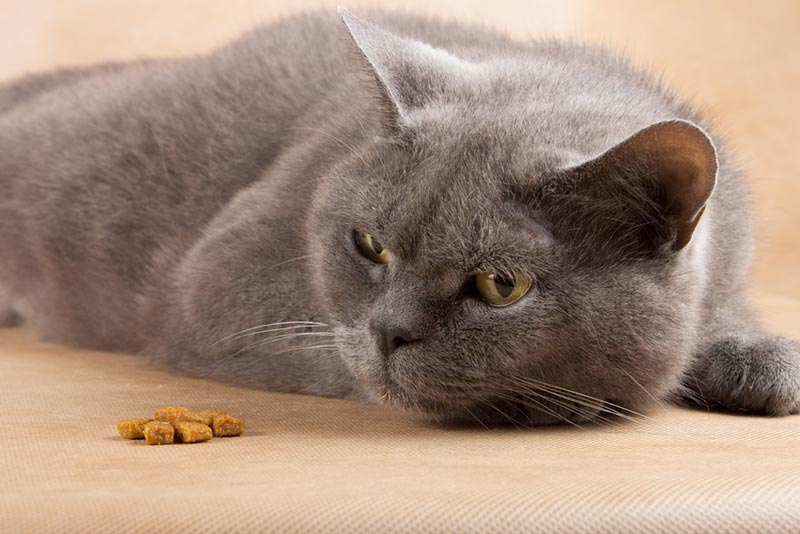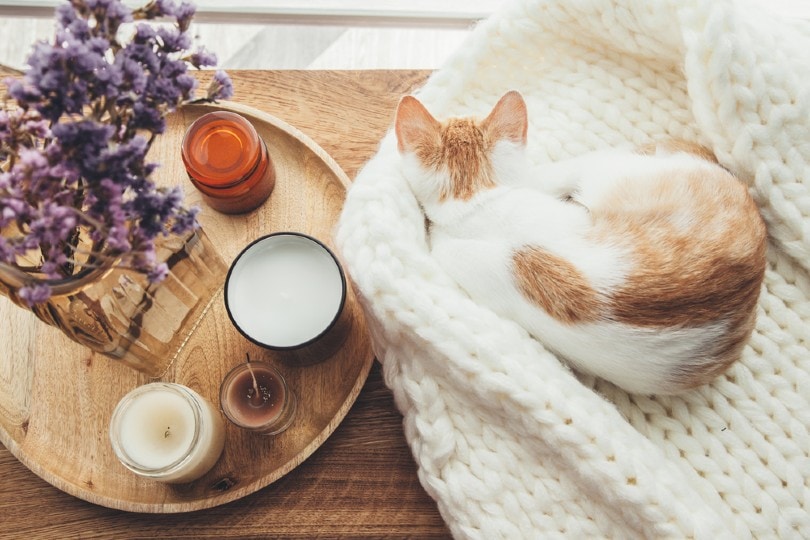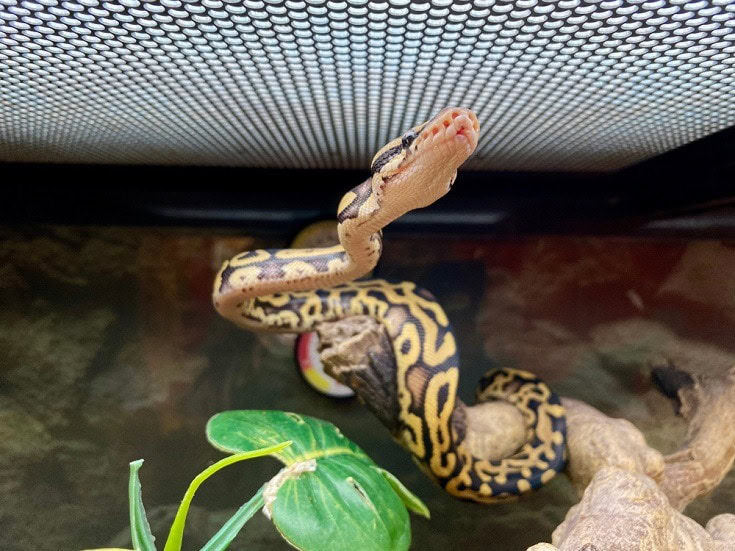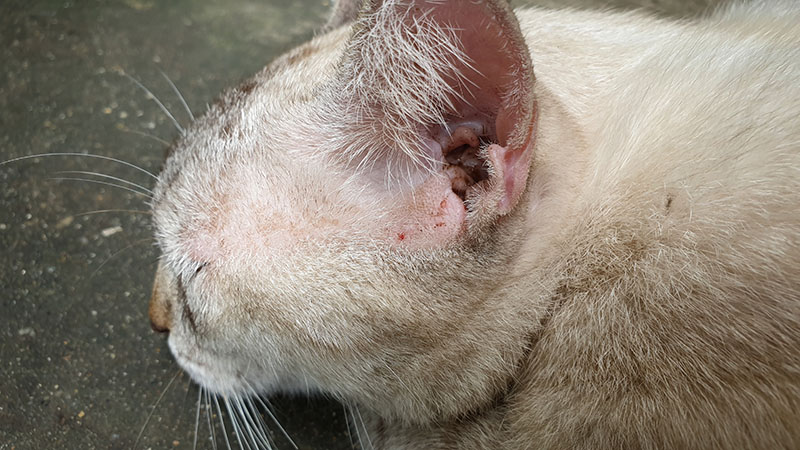VET APPROVED

The information is current and up-to-date in accordance with the latest veterinarian research.
Learn more »Click to Skip Ahead
Cats are fascinating creatures with unique instincts and behaviors. As responsible pet owners, it’s essential to understand their needs and be aware of how long they can go without certain necessities. One question that cat owners may ask is, “How long can cats go without eating food?” This may be especially important in ill cats, with poor appetites.
Cats can go around 2 days without eating food before concerns about medical issues such as fatty liver disease arise. With that said, cats can only survive without food provided that they have access to water and are properly hydrated. You must leave fresh food and water out every day for your cat unless instructed otherwise by your veterinarian.
Today, we’ll look into the cat’s food and drink requirements while also looking at the cat’s survival instincts and hunter ancestry!

The Survival Behavior of Cats
To understand a cat’s ability to go without food, we must look back at their ancestral roots. Cats are natural hunters, and their survival instincts have been honed over thousands of years. In the wild, they are skilled at conserving energy and healthy cats can endure prolonged periods without food by relying on stored fat reserves.
Cats’ Hunter Ancestry
Cats are descendants of solitary hunters who once roamed the wild, constantly on the lookout for their next meal. This background has equipped them with unique adaptations, such as a high metabolic rate and efficient digestion, allowing them to extract maximum nutrients from their prey.
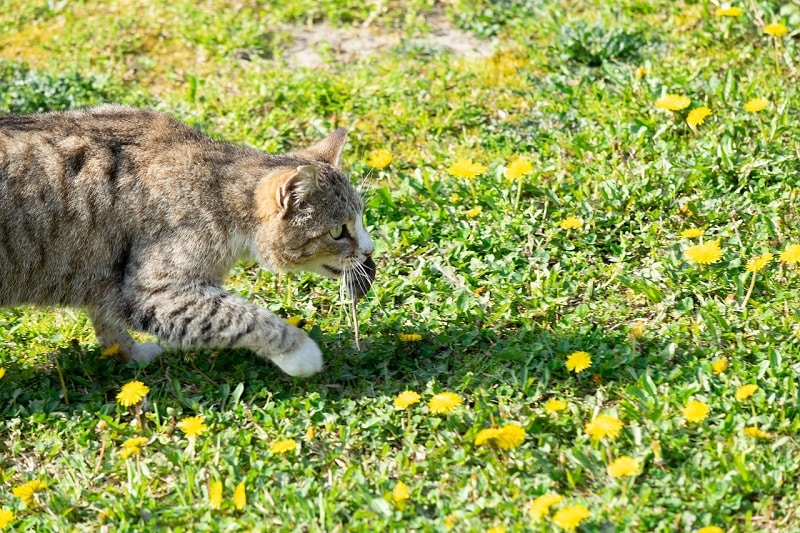

How Much Food Do Cats Need to Survive?
A healthy adult cat typically needs about 20-30 calories per pound of body weight each day. This estimate may vary depending on factors like age, activity level, and overall health. Providing your cat with a balanced diet rich in proteins, fats, and essential nutrients is essential for their well-being.
How Much Water Do Cats Need to Survive?
Water is a vital component of a cat’s diet, and without it, their health can rapidly deteriorate. On average, a cat should consume around 3.5 to 4.5 ounces of water per 5 pounds of body weight daily. Adequate hydration is necessary for maintaining proper organ function, digestion, and temperature regulation. It’s important to provide fresh, clean water for your cat at all times.
Why Is Water More Crucial Than Food in a Cat’s Survival?
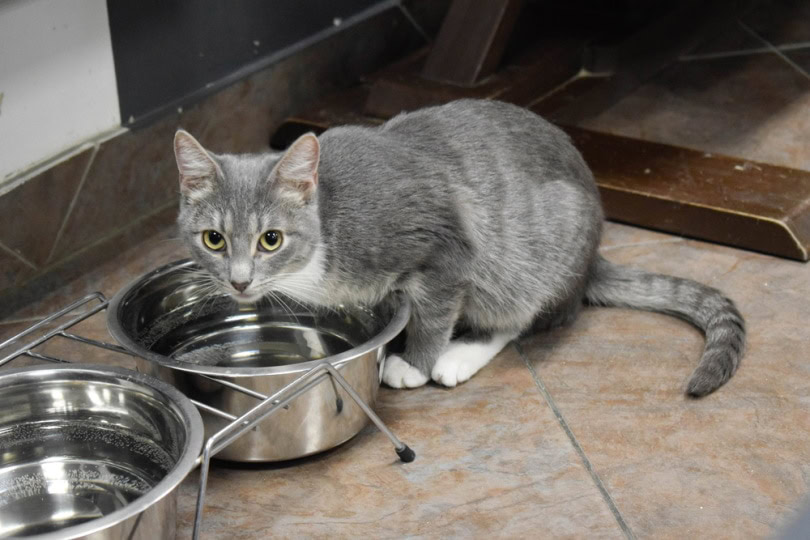
While both food and water are essential, water is even more critical for a cat’s survival. Cats have a low thirst drive and typically obtain much of their required water intake from their prey’s bodily fluids.
Without enough water, cats can suffer from dehydration, leading to serious health issues such as urinary tract problems, kidney disease, and organ failure.

The 4 Possible Reasons Why Your Cat is Not Eating
If your feline companion suddenly stops eating, it’s natural to feel concerned. Several factors can contribute to a cat’s reluctance to eat, including stress, dental problems, illnesses, and food preferences.
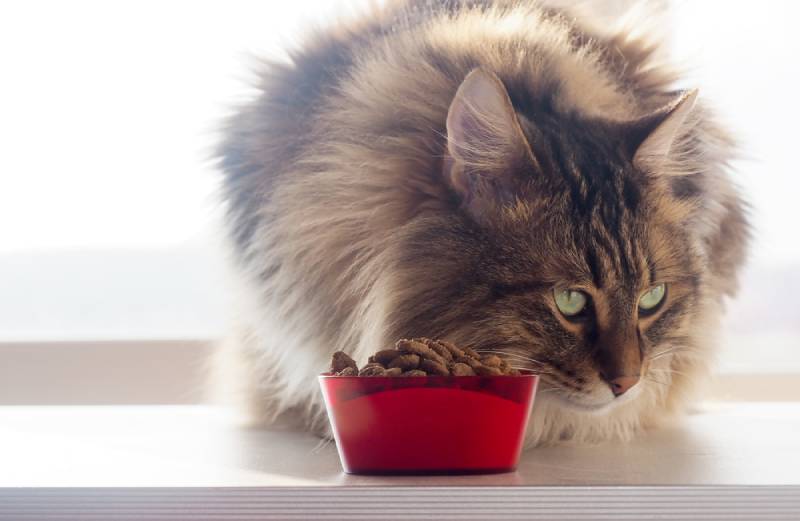
1. Stress
Cats are sensitive creatures, and any changes in their environment, routine, or even the presence of new pets or people can cause stress and a loss of appetite.
2. Dental Problems
Dental issues, such as gum disease or toothaches, can make eating painful for cats. This discomfort may lead to a decreased appetite or avoidance of hard foods.
3. Illnesses
Various medical conditions, including gastrointestinal problems, kidney disease, infections, or even cancer, can cause a cat to lose their appetite. If your cat is not eating for more than a day or shows other signs of illness, it’s crucial to seek veterinary attention.
4. Food Preferences
Just like humans, cats can be picky eaters. They may refuse certain types of food or become bored with their regular diet. Introducing variety and trying different textures and flavors can help stimulate their appetite.

Signs of Starvation and Dehydration to Look Out For
It’s essential to monitor your cat’s well-being closely. Signs of starvation include significant weight loss, lethargy, weakness, and sunken eyes. Dehydration can be identified by dry gums, a loss of skin elasticity, and reduced urination. If you notice any of these signs, it’s crucial to take immediate action.
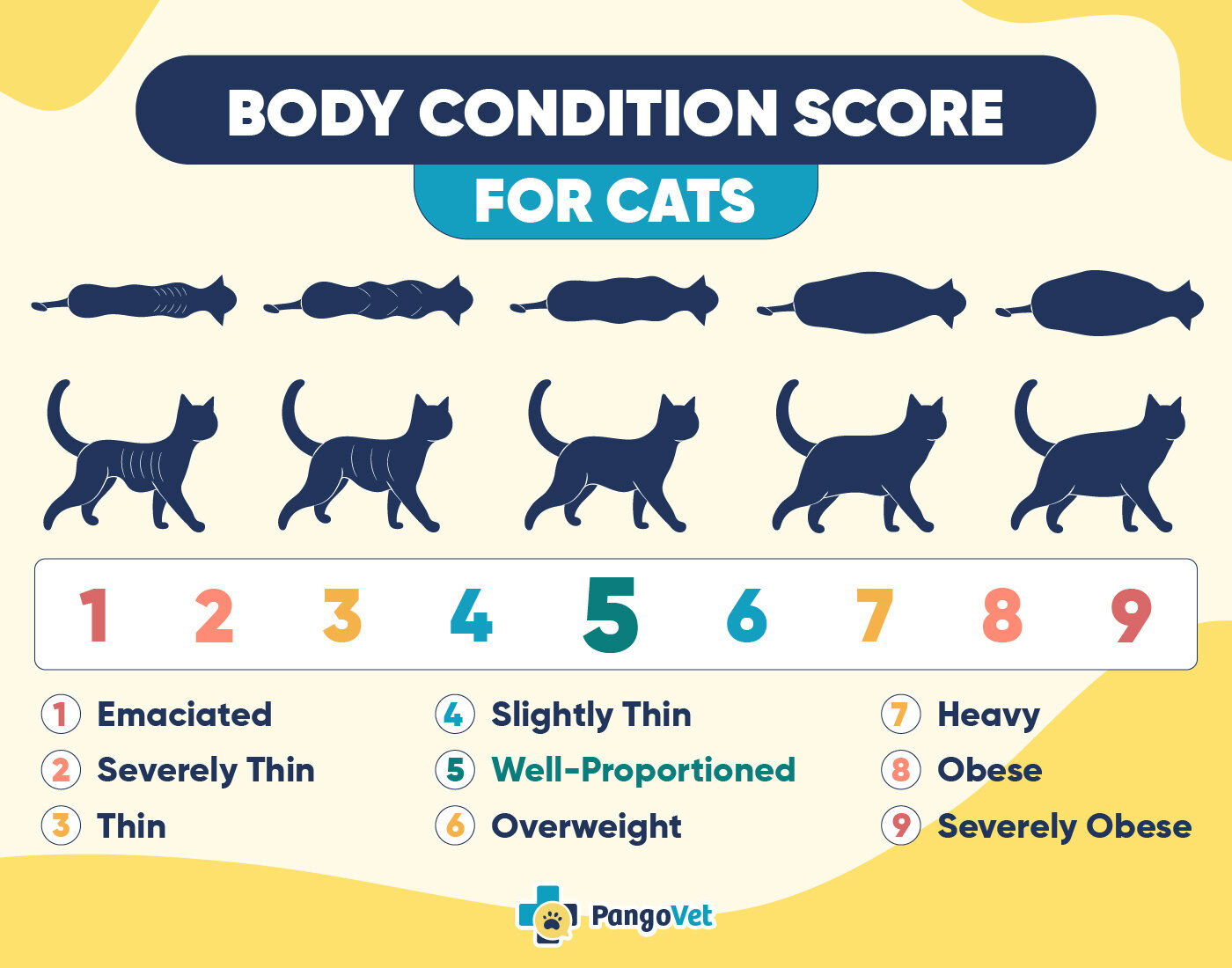
What Should I Do If My Cat Is Not Eating?
If your cat is not eating or is showing signs of dehydration, it’s essential to consult with a veterinarian. They will be able to diagnose any underlying issues, provide appropriate treatment, and guide you on how to encourage your cat to eat. In some cases, they may recommend appetite stimulants or a temporary feeding tube to ensure your cat receives the necessary nutrients.
Does This Mean I Don’t Have to Feed My Cat?
Just because your cat is able to survive up to a couple of days without food does not mean you should deny them the proper care they deserve. Remember, as responsible pet owners, it is important to keep your cat well-fed with a healthy and balanced diet along with proper access to clean water to prevent dehydration.
Kittens should typically be fed multiple times a day since they are rapidly growing, but at 6 months they should be fed at least twice daily, though many argue that multiple small meals daily are best. For proper dietary advice and recommendations, be sure to consult your veterinarian.
Yes, your cat is resilient, but they also need proper love and care from their humans!
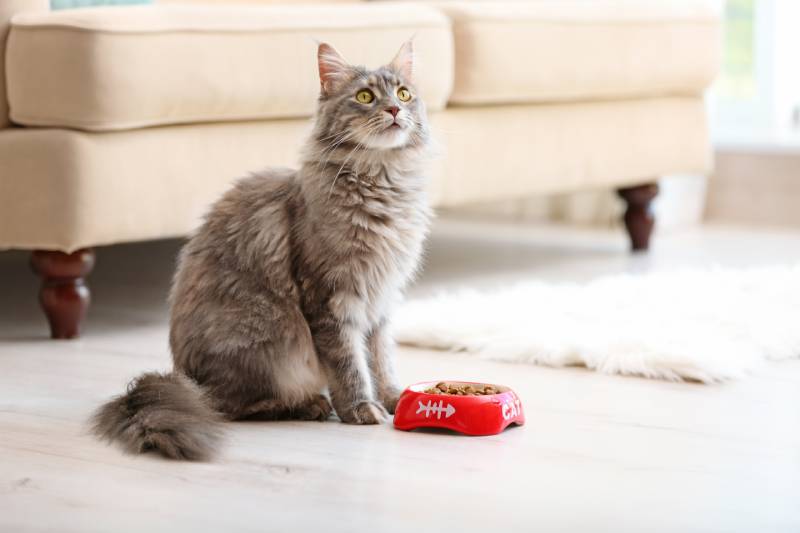

Final Thoughts
Cats are resilient animals with an inherent ability to survive without food for extended periods. However, it’s vital to remember that every cat is unique, and individual factors can influence their tolerance. While they can go up to 2 days without eating, their survival is significantly dependent on having access to water.
As responsible pet owners, it’s our duty to monitor our cats’ health, provide a well-balanced diet, and seek veterinary care promptly if they show any signs of appetite loss or dehydration. By understanding their needs and being proactive, we can ensure our beloved feline friends lead healthy and happy lives.
Related reads:
- Pancreatitis in Cats: Our Vet Explains Causes, Signs, & Care
- Best Cat Food Bowls – Reviews & Top Picks
Featured Image Credit: Elena Kutepova, Shutterstock
